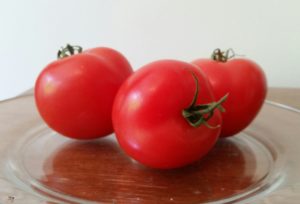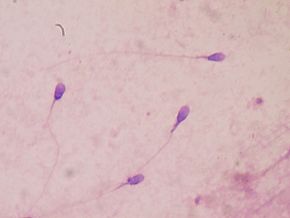 Can tomatoes be refrigerated or does that destroy their taste? This seems to be a pressing issue that is much discussed while people are at home during the pandemic. The advice I generally see is to NOT refrigerate them - to leave them out at room temperature until they are eaten.
Can tomatoes be refrigerated or does that destroy their taste? This seems to be a pressing issue that is much discussed while people are at home during the pandemic. The advice I generally see is to NOT refrigerate them - to leave them out at room temperature until they are eaten.
Well... a German study examined that particular question and according to the researchers - the taste of the tomatoes is the same whether refrigerated or kept at room temperature for 4 days. Instead, the variety of tomato is most important for the flavor (taste).
Of course! Every variety of tomato has a different taste. One thing I question is the refrigerator temperature of 44.6°F (7°C) that was used, which seems a bit warm. Refrigerators in the US are normally kept cooler, between 33 and 39 degrees.
From Science Daily: Should tomatoes go in the fridge?
There is much debate about the correct storage of tomatoes. There are two main options available to consumers: storage in the refrigerator or at room temperature. A research team from the University of Göttingen has now investigated whether there are differences in the flavour of ripe tomatoes depending on how they are stored and taking into account the chain of harvesting from farm to fork. No perceptible difference was found: the variety of tomato is much more important. The results have been published in the journal Frontiers in Plant Science. ...continue reading "Should Ripe Tomatoes Be Refrigerated Or Kept At Room Temperature?"

 Reading the following study, I thought to myself - OK, once again someone is testing a supplement, but generally studies find that supplements don't do as well as real, actual foods in whatever is being tested. In this case, a supplement containing lycopene, which is found in tomatoes,
Reading the following study, I thought to myself - OK, once again someone is testing a supplement, but generally studies find that supplements don't do as well as real, actual foods in whatever is being tested. In this case, a supplement containing lycopene, which is found in tomatoes,